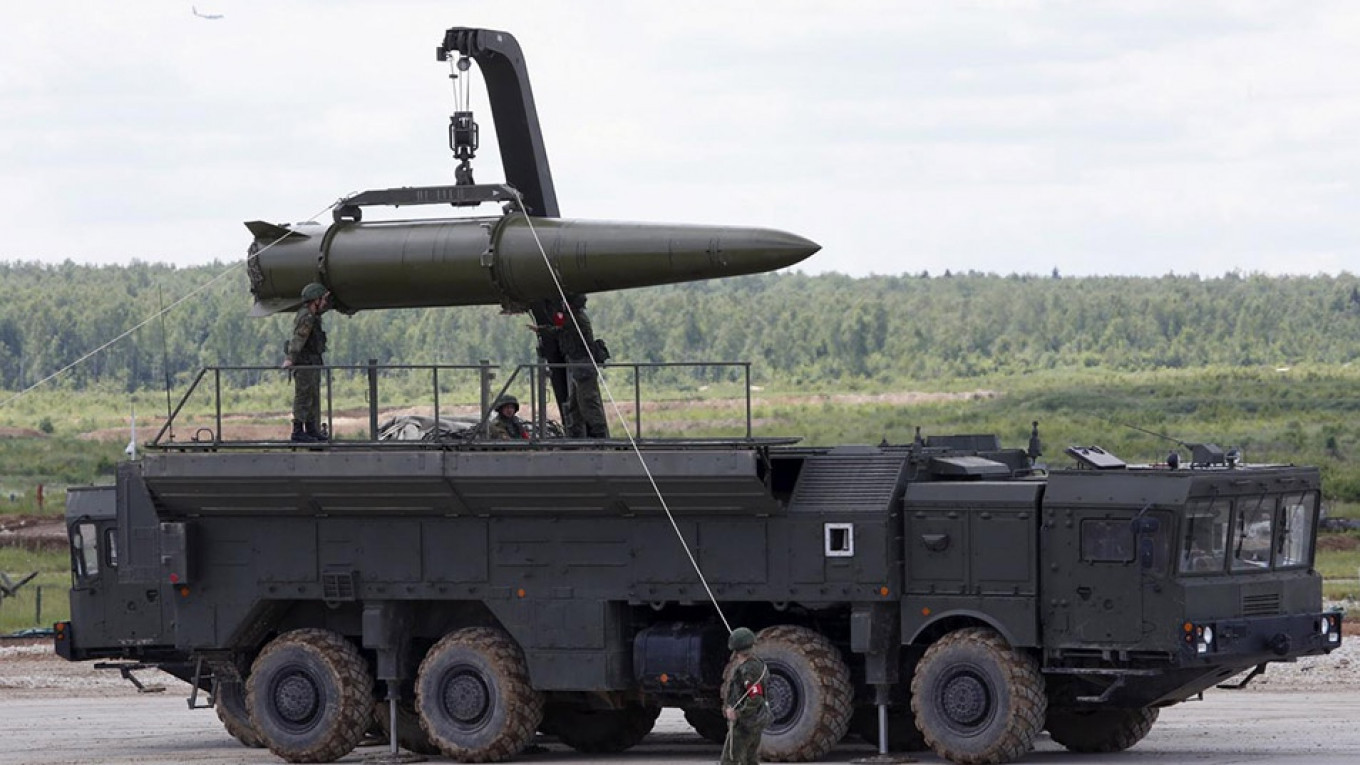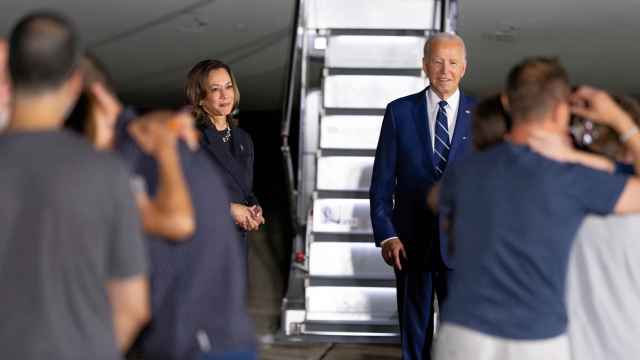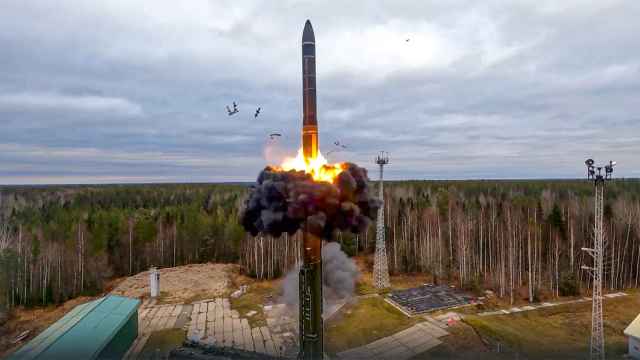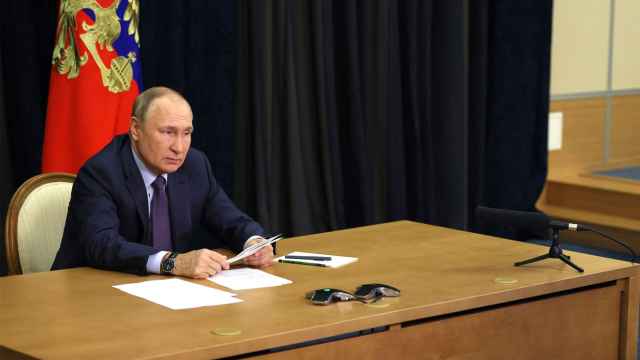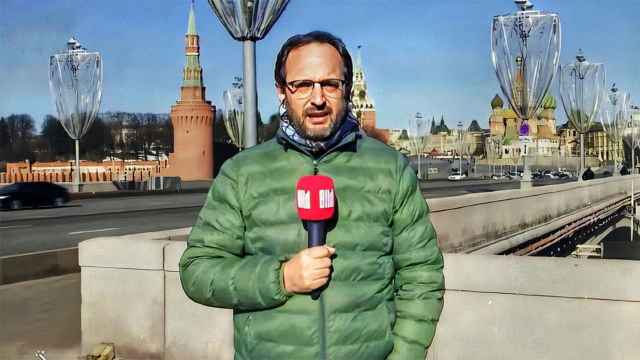The United States said Tuesday it had reached an "agreement in principle" with Russia on extending New START, the two nations' last major nuclear accord, which is due to expire in February.
President Donald Trump's administration has been insisting without success that China enter the nuclear reduction agreement but, with U.S. elections three weeks away, signaled it was willing to keep the treaty largely as is for now.
"We are in fact willing to extend the New START treaty for some period of time provided that they, in return, agree to a limitation — a freeze — on their nuclear arsenal," U.S. negotiator Marshall Billingslea said.
"We believe that there is an agreement in principle at the highest levels of our two governments," he said at the Heritage Foundation think tank.
Billingslea cut short a trip to Asia last week to meet his Russian counterpart in Helsinki, saying he sensed a mood for compromise.
He said that Russia still needed to give final approval to the "gentlemen's agreement" and give authority to nail down the details.
"We are ready to strike this deal. We can strike it tomorrow, in fact. But Moscow is going to have to show the political will to do so as well," he said.
Billingslea said that the United States was still insisting on the participation of China — whose nuclear program is quickly growing but is still a fraction the size of the Russian and U.S. arsenals.
"Everything we agree with the Russians must be framed and must be formatted in a way that allows us to extend that arrangement to the Chinese when they are finally brought to the negotiating table," Billingslea said.
He said that the United States was also seeking verification measures from Russia and was willing to undertake reciprocal steps.
"If we know anything about the Russians it is that they are serial treaty violators," he said.
A Message from The Moscow Times:
Dear readers,
We are facing unprecedented challenges. Russia's Prosecutor General's Office has designated The Moscow Times as an "undesirable" organization, criminalizing our work and putting our staff at risk of prosecution. This follows our earlier unjust labeling as a "foreign agent."
These actions are direct attempts to silence independent journalism in Russia. The authorities claim our work "discredits the decisions of the Russian leadership." We see things differently: we strive to provide accurate, unbiased reporting on Russia.
We, the journalists of The Moscow Times, refuse to be silenced. But to continue our work, we need your help.
Your support, no matter how small, makes a world of difference. If you can, please support us monthly starting from just $2. It's quick to set up, and every contribution makes a significant impact.
By supporting The Moscow Times, you're defending open, independent journalism in the face of repression. Thank you for standing with us.
Remind me later.


